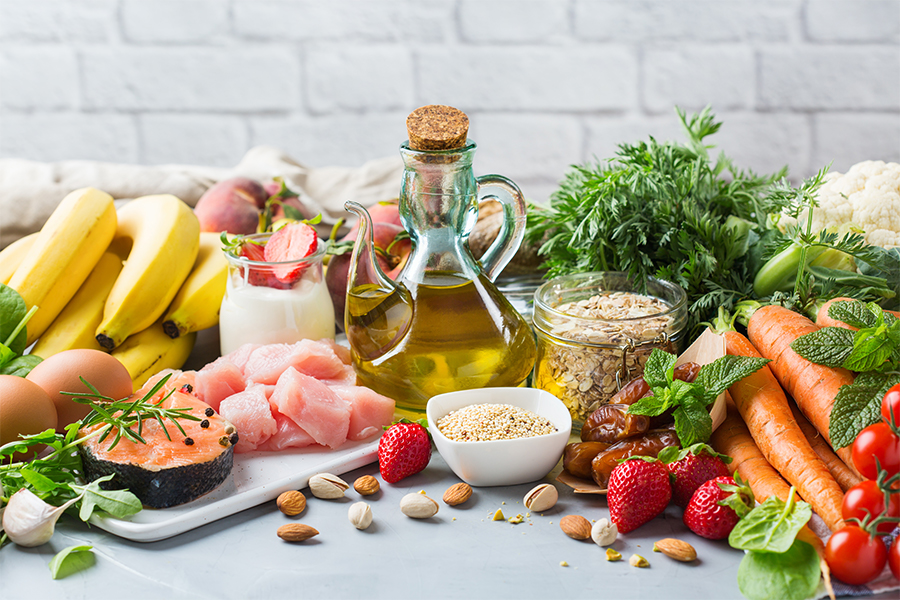From Sharp Health News, a publication of Sharp HealthCare
Inflammation is an indication that the body is reacting to some type of outside agent, whether it’s pollution, diet or an injury. While designed to help us heal, too much inflammation can cause problems in various organs.
However, there are natural anti-inflammatories we can consume, which can also help lower the chances of having other chronic health conditions, such as heart disease. Following a diet plan that mirrors the Mediterranean diet, rich in whole foods and low in processed foods and saturated fats, can help decrease inflammation.
The Mediterranean diet includes these staples:
- Fish: at least 3 to 4 ounces, twice a week
- Nuts and Seeds: 1.5 ounces (about a handful) daily
- Fruits and Vegetables: 9 or more servings daily
- Olive Oil: 2 to 3 tablespoons daily
- Beans: at least 1 cup, twice a week
- Whole Grains: 6 ounces daily
However, for those with inflammatory diseases, a few foods often considered healthy can worsen inflammation. These include certain nuts, whole grains that contain gluten, and vegetables in the nightshade family — white potatoes, eggplant, bell peppers and tomatoes. Eliminate these from your diet to see if inflammation decreases, and then slowly add them back in to see how your body responds.
The VEBA Resource Center offers many Cooking & Nutrition Classes. Join us to learn how to blend the art of food and cooking with the science of medicine to optimize your overall health and wellness – all while having fun! Check out our calendar to sign up for an upcoming class.









